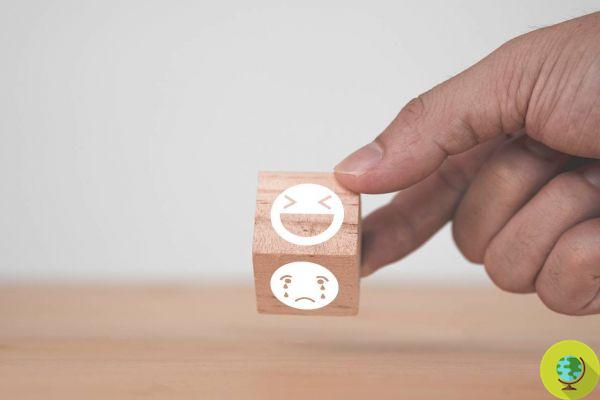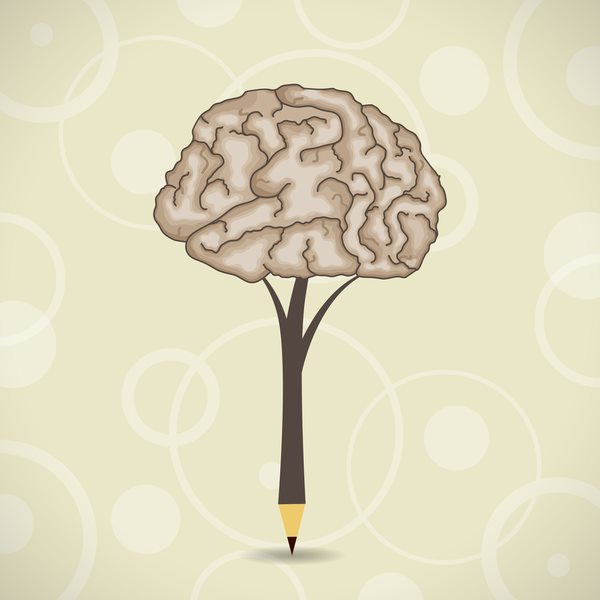Reading bad news every day makes us sadder, tired and distressed and now the confirmation comes from a new scientific study.
Don't store avocado like this: it's dangerousReading or hearing bad news every day increases the cycle of sadness, fatigue and distress. While the exact opposite happens with the good news, which would stimulate empathy, hope and happiness. This was scientifically demonstrated by a study conducted by the University of California, published in the journal Science Advices, entitled "Exposure to events of mass violence in the media can fuel a cycle of anxiety".
The research examined 4165 US volunteers and found that those exposed to constant bad news, such as "collective trauma" such as human tragedies and natural disasters, were at greater risk of compromising mental health in the short and medium term, and even physical health. .
Although this is well known, it would be the first time it has been proven empirically:
"Our study is unique because it is the first to demonstrate the [resulting] pattern of repetitive exposure to events of mass violence and the stress it causes over time in a large section of the population that has been surveyed for several years." .
According to psychologist Roxane Cohen Silver, “the media coverage of these events, fueled by the 24-hour news cycle and the proliferation of mobile technologies, is often repetitive and can contain sensational graphics, videos and stories, extending the impact on populations beyond the people directly involved ".

The problem is mostly theexcessive exposure to bad news that bombard the brains of those who follow them directly or indirectly. Which is why, according to the researchers, the media should moderate the more sensationalist aspects, so as not to cause undue concern and discomfort.
Further research conducted by Wendy M. Johnston Graham CL Davey, entitled "The Psychological Impact of Negative TV News: The Catastrophe of Personal Worry", showed that they change people's moods for the worse, making them more worried.
This does not mean that bad news should be excluded from communication because it is important to know what happens in the world, but it should be transmitted with greater objectivity and essentiality, balancing it with the others. Not surprisingly, in the University of California study, 88% of respondents reported that the feeling of having a "good morning" was prolonged after reading good news. Demonstrating the transformative power of positive information!
Among other things, according to several American scholars, our nervous system is not designed to handle an excessive load of tragedies!
You might also like:
- Cortisol: the symptoms and causes of an excess of the stress hormone
- Optimism and happiness are good for the heart
Laura Rose


























